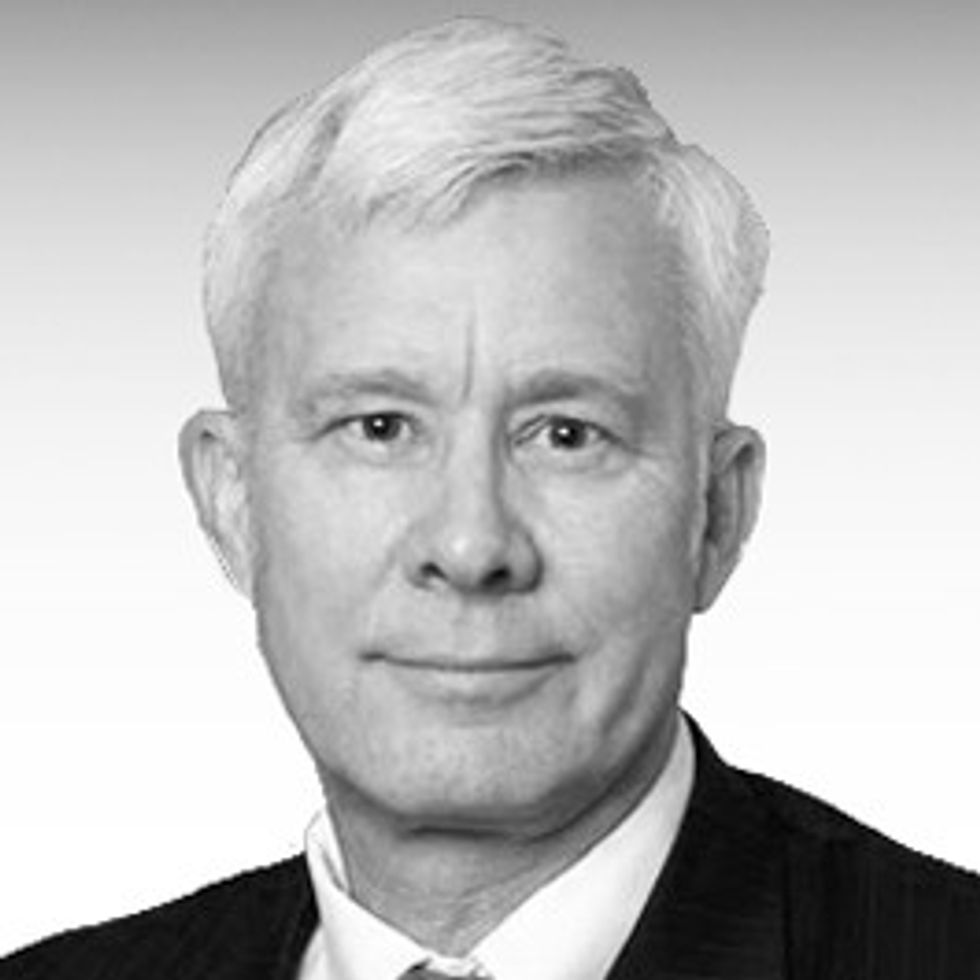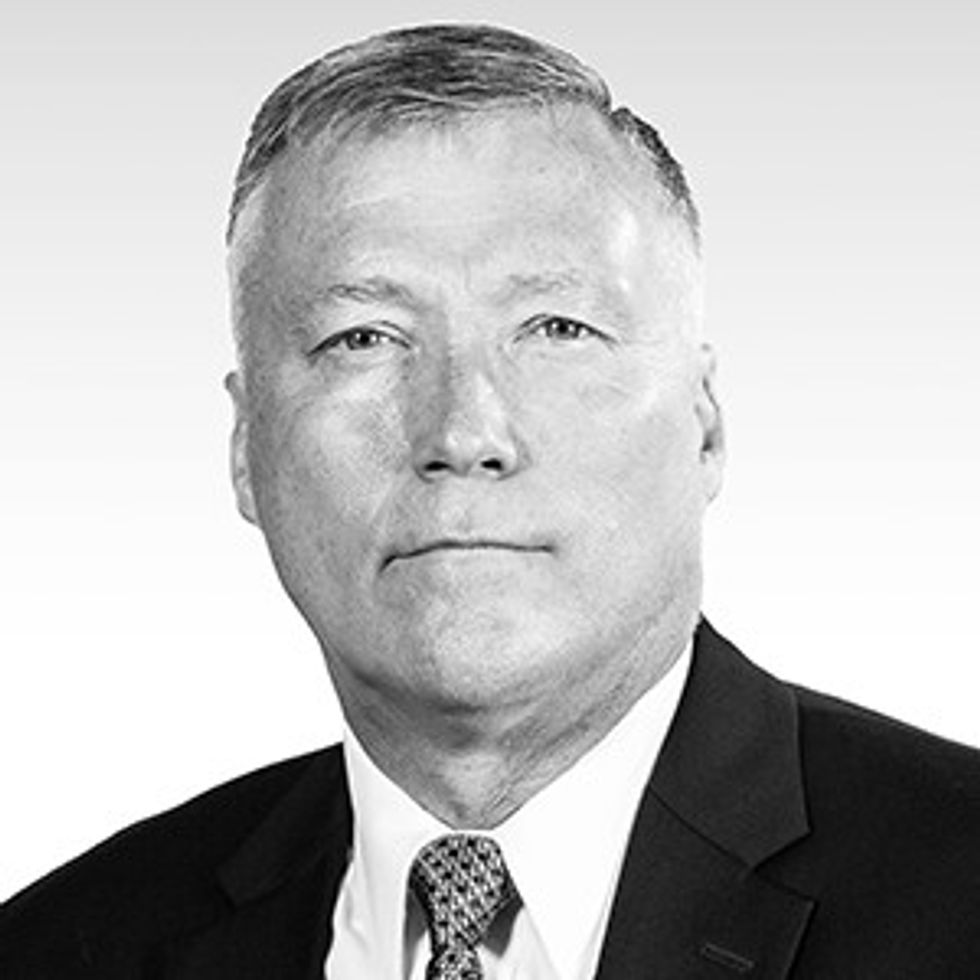As details are released about the upcoming summit between the U.S. and Russia, Intelligence Officers are expected to ramp up collection efforts in order to prep the field ahead of talks.
“Whenever you’ve got a summit coming up, your intelligence community, and your opponent’s kicks into high gear,” says Cipher Brief Expert and former CIA Chief of Station Dan Hoffman. “The President is going to say ‘Ok, what are the Russians going to bring to this meeting’? ‘What are they saying about the top 10 things I care about?’ So the onus is now on our intelligence community to go out and collect that intelligence, steal those secrets, to inform the President and his team.”
It’s also likely that Russian Intelligence will be following the same playbook, says Hoffman, so protecting U.S. secrets and paying close attention to Russian Intelligence efforts to recruit spies becomes even more important.
“There’s such an important, overarching intelligence component to managing our relationship with Russia,” says Hoffman. “Our intelligence community has to make sure the President and his team are as prepared as possible.”
Here’s The Cipher Brief's Expert Take on the top five points to understand as the U.S. prepares for the upcoming summit:
Briefing Point #1: Understanding Putin’s Russia and Why Previous Deterrents Haven’t Worked
Robert Dannenberg, Former CIA Chief of Central Eurasia
"In part, the inability of the U.S. to deter Russia comes from U.S. unwillingness to understand the true nature of the Putin regime and take measures comprehensive enough in scope and severe enough in nature to cause Putin to re-evaluate the efficacy of his strategy of confrontation. Putin easily won re-election in the Russian presidential election in March. His sights, however, are clearly focused beyond this election and on the preservation of the corrupt “system” of government he has built over the past 18 years, as well as preserving the position he’s achieved on the world stage for the Russian Federation. U.S. deterrence strategy should be directed at those two primary motivating factors for Putin and the hardliners that profit from his system of government: preservation of the regime; and Russia’s perceived re-emergence as a global power."
Dan Hoffman, Former CIA Chief of Station
"The summit does drive up Vladimir Putin’s perceived value on the international stage. He likes to be perceived at playing on a level that is equal to President Trump, it fits his grandiose vision of Russia, consistent with his own history as a KGB Officer whose hero was Yuri Andropov, so that’s good for Vladimir Putin and he wants that summit so badly that he held the meeting with our national security advisor. That was because Vladimir Putin wants a summit. He would normally not necessarily hold that meeting or he might make the person wait a long time as he’s done before, but he was very respectful and gracious and they had – by all accounts – a frank discussion about all of the issues of the day including Syria, North Korea."
Briefing Point #2: Identifying the Real Opportunity the Summit Presents
Rolf Mowatt-Larssen, Fmr. Director of Intelligence and Counterintelligence, U.S. Dept of Energy
"Priorities on the Agenda should include: maintaining and restoring strategic stability, cyber and Russia's meddling in internal affairs, Ukraine, Syria and Counterterrorism cooperation, business and other areas of cooperation. The area where the most progress is likely to be achieved is in counterterrorism cooperation, since that’s the area of most common interest. Putin could make a minor concession on something to help Trump get beyond the assumption that Trump is too pro-Russia and too pro-Putin. I doubt sanctions will be addressed directly but will be hanging over the summit. Strategic stability – referring to the complex of nuclear-related issues like INF, SALT, BMD and conventional force balance – as well as cyber talks, had been agreed to a few months ago but were canceled."
Dan Hoffman, Former CIA Chief of Station
"There are areas in which we have some mutual interest and there are a lot of areas where we don’t. Typically, we think about counterterrorism, organized crime, counter proliferation are for sure three issues where we might be able to work together and then the big one is arms control. The START Treaty is going to expire in 2021 and we need to think about if we’re negotiate an extension of that important treaty. The gray area is North Korea where they would like for us to remove our troops and halt all military exercises and cease being any kind of deterrent to North Korea. Of course that was the regime that they put in power at its inception, but they have been off and on somewhat helpful on sanctions and they do - like China – want to see some stability, so that does require some diplomatic negotiation and maybe the President sitting down with Vladimir Putin and getting the State Department negotiators into the room, there could be some value there. We’re going to need to engage with Russia on North Korea, it’s not going to work out just the way we like, but they have some interests, just like we do there. Maybe some of them will intersect. "
Lieutenant General Kevin McLaughlin, Former Deputy Director, U.S. Cyber Command
"I would recommend the President try and change the discussion with Putin, like he has with NK and see what deal might be cut that would let some of the pressure out of the balloon. Conventional wisdom says it can’t be done, but he is the master at defying conventional wisdom."
Briefing Point #3: Understanding what Putin wants
Dan Hoffman, Former CIA Chief of Station
"Just having the summit is a win because he’s perceived to be at the same level with the President of the United States and that feeds his ego. In Putin’s case, he wants to be perceived as an equal to the United States, even though his economy is the size of Italy’s and he certainly doesn’t have the weight to throw around the world that the Soviet Union had, but he wants to be perceived that way and perceived to be defending Russia, the besieged fortress from immoral western ideas and ostensible, but not real military threats emanating from NATO and the Baltics."
Lieutenant General Kevin McLaughlin, Former Deputy Director, U.S. Cyber Command
"Putin’s aggressive use of cyber attacks in Georgia, France, and Estonia, combined with his threatening actions with cyber penetrations of U.S. and western critical infrastructure make us think he is preparing to attack us as well. It’s destabilizing and we should make clear that we will begin to react in ways he will not like."
Briefing Point #4: How to Get What the U.S Wants
Robert Dannenberg, Former CIA Chief of Central Eurasia
"There are other measures which should be considered to deal with Putinism. First, go after the money. Various reports suggest Putin has accumulated enormous personal wealth. Unquestionably, many of the most senior members of his government have done the same. Many of the oligarchs who support Putin are among the wealthiest people on the planet. Their assets should be identified, publicized, and sanctioned, to incentivize them to distance themselves from Putin. The March sanctions on Russian oligarchs are a good start, but there are more ways available to unnerve them. Many of these oligarchs enjoy the freedom to travel in the West and have considerable assets there. Even more importantly, they want their children to enjoy the same access and privilege in the West. This should be denied."
When it comes to nefarious cyber activities:
Dan Hoffman, Former CIA Chief of Station
"If we just ask him not to do it, then he’s just going to keep doing it. If we say don’t do it, and at the same time we hurt him, then he might stop. Or we deter him. You know one of the disconcerting things about Ukraine is that Putin said he was taking action there to defend ethnic Russians, which is kind of a Nazi argument, and one that is disconcerting to the Baltic states. Well, we’ve made it really clear that we’ve got a deterrent in place to protect the Baltic states. That’s what it takes. Russia just keeps pushing, and when they push a little bit, and the door’s unlocked they just walk right in, and steal everything. So you’ve got to barricade things, you’ve got to make it clear that there’s a barricade, that’s easily visible and you’ve got to rap them on the knuckles every now and then, otherwise they are going to steal your lunch."
Brief Point #5: Setting Realistic Expectations
Dan Hoffman, Former CIA Chief of Station
"Let’s not be too naïve, and think we can sit down with the Russians and solve all of our problems, that’s not going to happen. But diplomacy is important, including with Russia. There are areas of mutual interest, and that’s what diplomacy is all about, find those areas where we can collaborate, whatever they might be and make it happen. What the President did at the North Korea summit was just a broad framework for future, more serious, more detailed negotiations. That’s probably what we’ll get with Russia. All the pomp and circumstance of a high level summit, and then the details fleshed out by the experts."
For more, read Getting The Best Out of Moscow and Time to Rethink Deterring Russia
















